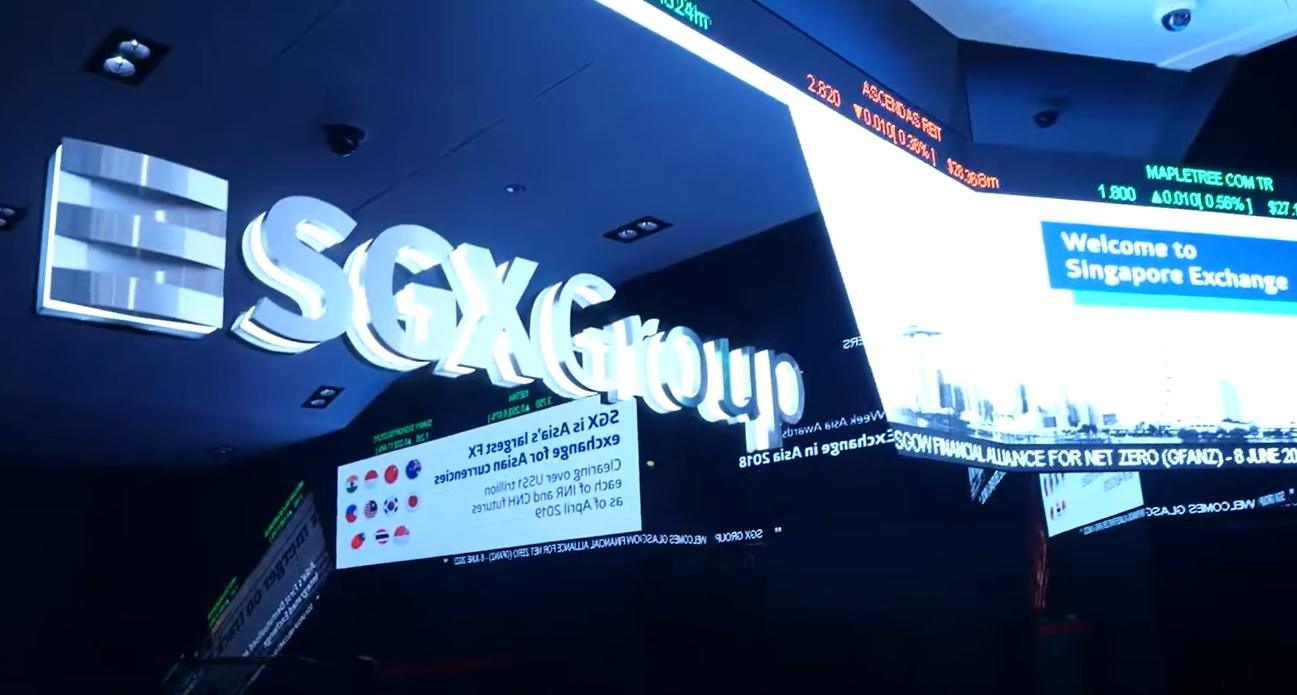
Singapore Exchange Softens Requirement for Scope 3 Reporting for Smaller Companies
Singapore Exchange’s (SGX) market regulator SGX RegCo announced updates to its sustainability reporting rules for listed companies, including pushing back mandatory value chain, or Scope 3, emissions reporting requirements for smaller issuers.
The update follows the announcement earlier this year by the government of Singapore that it will implement mandatory climate-related reporting requirements for listed and large non-listed companies, alongside the release by SGX RegCo of requirements for issuers to begin filing annual climate-related disclosures aligned with the standards issued by the IFRS Foundation’s International Sustainability Standards Board (ISSB), starting with FY2025.
Under the initial proposal, in alignment with the IFRS standards, issuers would be required to report on Scope 1 and 2 emissions in the first year, and on Scope 3, or value chain emissions, in 2026, and to obtain external limited assurance on Scope 1 and 2 GHG emissions two years after beginning reporting.
Reporting requirements around Scope 3 emissions are one of the most controversial aspects of the emerging disclosure regimes. These emissions very often account for the vast majority of many companies’ carbon footprints, but are typically the hardest to track and calculate, occurring outside of the direct control of companies, in areas such as supply chains, or in their customers’ use of their products. During the development phase of the IFRS standards, the ISSB announced that it would give companies an extra year for companies to implement the Scope 3 reporting requirements.
In its new announcement, however, SGX RegCo said that its public consultation indicated broad support for mandatory climate-reporting requirements for all issuers, but concerns, particularly among smaller issuers about “the evolving measurement and reporting methodologies for Scope 3 GHG emissions,” even in light of the ISSB’s one-year relief provision.
Following the feedback, SGX RegCo said that it will “review issuers’ experience and readiness before establishing the implementation roadmap for reporting Scope 3 GHG emissions,” giving priority to larger issuers, with the intention that large issuers will begin Scope 3 reporting in 2026.
SGX RegCo CEO Tan Boon Gin said:
“The changes to our rules mark the culmination of the efforts of the Sustainability Reporting Advisory Committee to prepare issuers for a low-carbon future. The disclosure of Scope 1 and Scope 2 GHG emissions is an important step to enable larger issuers to report their Scope 3 GHG emissions. SGX RegCo on our part will continue to facilitate capacity building to assist issuers on their climate reporting journey.”
Additional updates announced by the regulator include mandatory requirements for other (non-climate) primary components of a sustainability report from 2026, covering material ESG factors, policies, practices and performance, targets, the sustainability reporting framework and a board statement and associated governance structure for sustainability practices. The new rules also require a sustainability report to be issued with the company’s annual report from 2026 if issuers do not conduct external assurance on their sustainability reports, or within five months of the end of their financial year if they do conduct external assurance, in a measure aimed at encouraging issuers to conduct external assurance.